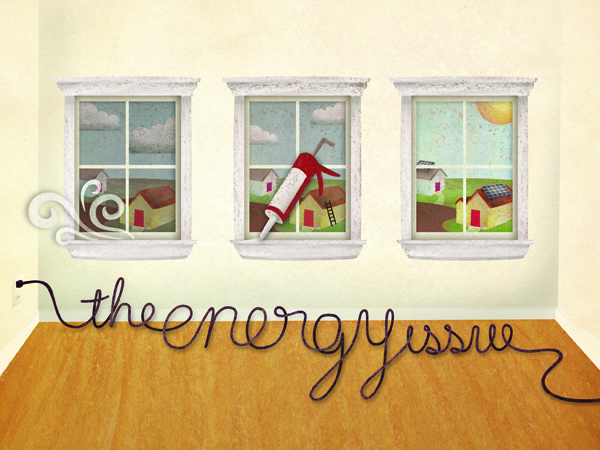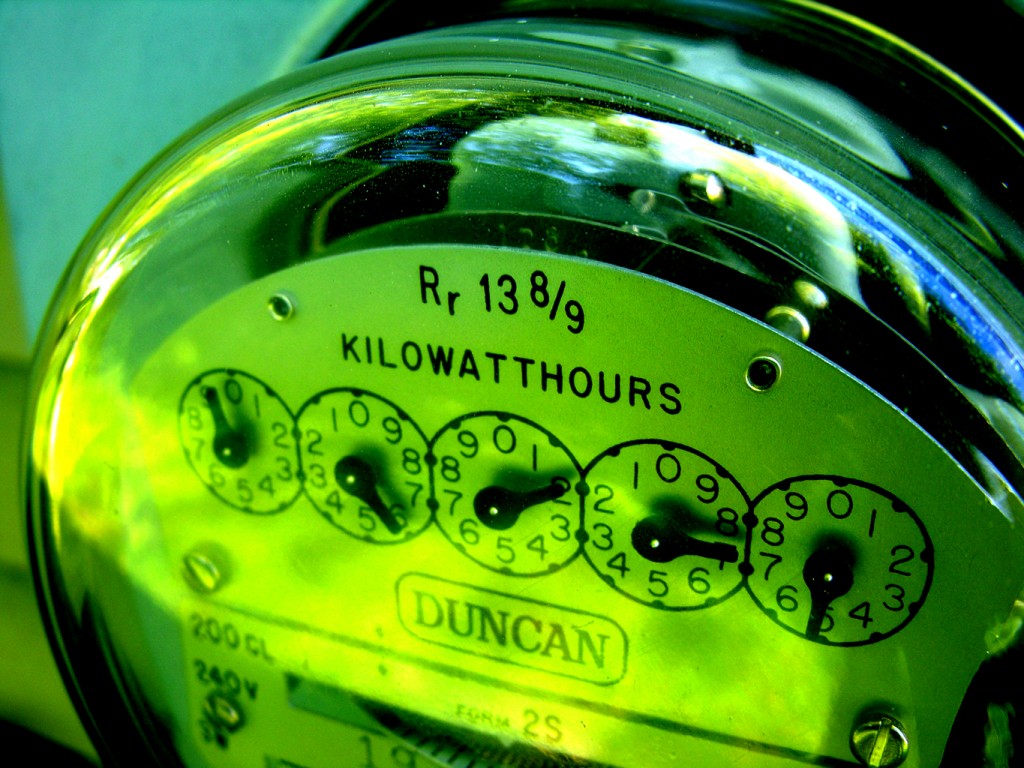
Philly runs on uncertain energy. It’s hard to imagine, but our electricity actually costs less than it could. Currently, our bills are lowered through rate caps applied by the state. On December 31, 2010, those caps expire, prices are expected to spike and no legislation is in place to protect us.
Production is the problem. During times of peak demand (in the morning when you’re showering and making coffee, and in the evening, especially, when you’re cooking, cleaning, watching TV or doing laundry), PECO does extra work churning out electricity and the cost to produce each watt increases. Right now PECO carries that cost. Once the caps are lifted, everyone else will.
Philadelphians are all connected through the same grid. Each time we leave the light on, each time we keep the water running, we strain our supply. In the past eight years, we’ve plugged in more and more electronics and, according to PennFuture, our energy needs keep growing at a rate of two percent annually. With more people expected to move back into the city, we face a whole new kind of predicament. If there’s too much pressure on the grid, we will not only pay more for peak demand, PECO will have to build more power plants, and that cost will be added to our bills. In the past year alone, The Utility Emergency Fund saw a 50 percent increase in citywide need, and they’re running out of money. Given the current difficulty and our uncertain economy, increased rates pose more than financial troubles—they threaten the stability of the entire city.
Conservation can alleviate demand and ensure a more stable future. This section of GRID explains three basic steps: Audits, finding the energy leaks of our housing stock; Retrofits, fixing our homes and our habits; and Alternative Energy, a reemerging industry that can take us from finite coal and imported oil and natural gas to abundant sunshine. We also include a list we developed with the Office of Sustainability on available loans and incentives to help pay for energy changes, and we explain the energy legislation that’s been happening from state to city.
Ultimately, we have to do the work. We have to organize and maintain ongoing communication with our government and each other. We have to hold public meetings and workshops in community development corporations, civic associations, venues, theatres, studios, restaurants and places of worship. We have to call on the energy experts living right in Philadelphia to guide us. And we will need to bring plans and demands to our energy stakeholders—our landlords, business owners, and municipalities. We have two years. For decades we’ve depended on PECO, but if we get started today, we can achieve more than lowered bills. We can build new power.



